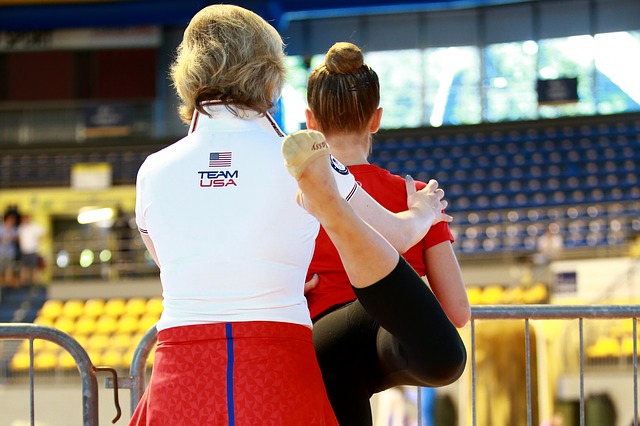Regardless of level of activity, behind every successful athlete is at least one — but often several — coaches who helped them reach their potential and thrive in their respective sport, and indeed, often beyond it as well.
However, just as the journey to becoming an elite athlete is full of obstacles, the road to becoming a successful coach has its twists and turns, not to mention some giant potholes along the way that can quickly turn a rewarding experience into a regrettable one. The bad news for aspiring coaches is that there is no magic wand, secret formula, or smartphone app that will instantly transform good coaches into great ones. Hard work, persistence, and dedication have always been essential, and always will be.
The good news is that according to experienced Athletic Director Bob Reasso of Cinnaminson, New Jersey, coaches can significantly enhance their success and dramatically boost their professional and personal satisfaction at the same time by identifying and overcoming three key challenges.
Spending too much time on tactics and strategies, and not enough time building relationships

Athletes — whether they’re in Little League or the pros — need coaches to help them understand the X’s and O’s, which of course is a core part of the job and essential for both athletic success and injury prevention. Despite their best efforts and intentions; however, some coaches focus too much time and effort on tactics and strategies and lose sight of their obligation to build and evolve authentic human relationships.
Bob Reasso says that with the immense pressure to generate results, it can be quite difficult for coaches to step back and evaluate whether the relationship with their athletes is on the right track and trajectory. However, doing this is absolutely vital. Coaches who invest time to learn about athletes as people and not just as performers are those who ultimately make the biggest difference and get the best results.
Not being completely honest and transparent
The vast majority of coaches are honest and transparent with athletes. However, there is an important difference between an ordinary level of disclosure and telling the whole truth. To be fair, many coaches who fail to meet this higher standard of honesty are not deliberately trying to be deceitful. On the contrary, their intent is to encourage and motivate athletes by, for example, not telling them that their off-the-field habits are impacting their on-the-field results, or that they don’t have the raw skills needed to be accepted into a Division I program in their respective sport. Unfortunately, this invariably does more harm than good, and when the truth comes to light, it can irrecoverably destroy the trust that must exist at the core of a healthy, effective, and positive coach-athlete relationship.
Bob Reasso says, “The message here for coaches is not to rip off the proverbial Band-Aid and be callous with the truth. A little compassion and diplomacy will go a long way. Rather, it’s to remind coaches that they need to be fully honest — both with their athletes and especially with themselves.”
Bob Reasso on using positive reinforcement
A coaching philosophy that has made its way onto posters that appear in many locker rooms reminds coaches to “catch them when they’re doing it right.” In other words, while identifying flaws and defects is obviously part of the coaching picture, it’s just as effective to notice when good decisions are made and when positive habits are demonstrated.
Bob Reasso says that athletes are often their worst critics and ironically it’s often the most talented among them who can be relentlessly hard on themselves for missing a jump shot, not launching off starting block quickly enough, failing to use the best technique in the water, and so on. Coaches can’t and shouldn’t ignore these problems, but they should always strive to recognize and appreciate the other side of the scale as well. Highlighting and celebrating the positive not only leads to better results, but it makes the experience for everyone more rewarding and enjoyable.




